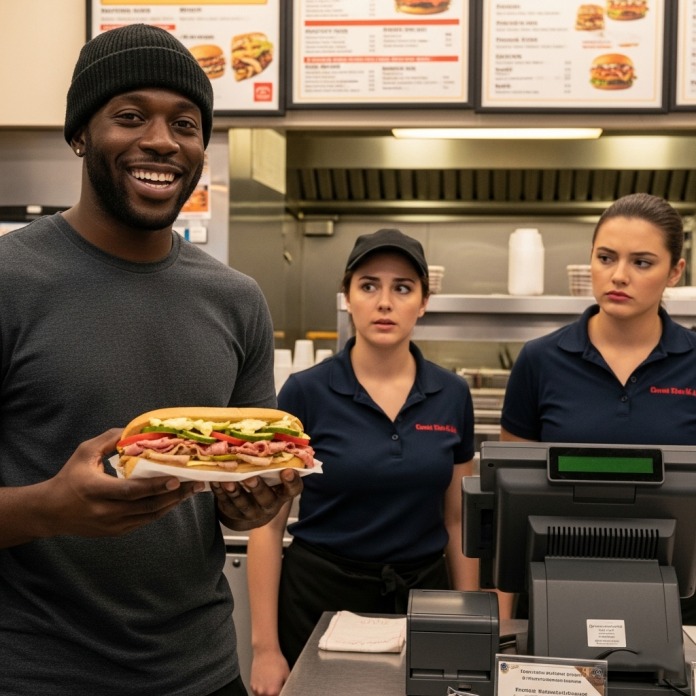In the competitive restaurant industry, reputation is everything. For Jordan Ellis, owner of the popular Ellis Eats diners, that reputation was slipping away. Online reviews painted a picture of rude staff and declining quality, a far cry from the friendly, community-focused brand he had built. Suspecting that his managers were filtering the truth, Jordan took matters into his own hands. He became a mystery shopper in his own establishment, disguising himself in casual, slightly shabby clothes to get an unfiltered view of the customer experience.
His visit to the flagship location was an eye-opening disaster. From the moment he entered, he was met with indifference and outright scorn. The cashiers, Denise and a younger employee, were more interested in their phones than in serving customers. They judged him based on his attire, made cruel jokes about his assumed financial status, and exhibited a pattern of dismissive behavior toward other patrons. The most egregious incident was when a thirsty construction worker was turned away for asking for water. Jordan realized this wasn’t just a few bad apples; it was a toxic cultural problem that management was allowing to fester.
The reveal was a moment of corporate accountability in its purest form. Jordan confronted the employees not as an angry customer, but as the owner who had witnessed the degradation of his company’s values. He informed them that their actions had been recorded and that such behavior was unacceptable. His subsequent firings were a necessary shock to the system. But his response didn’t end with termination. By personally working the counter for the rest of the day, Jordan sent an unmistakable message to every employee and customer: the standards of respect and hospitality were non-negotiable. He instituted a new policy requiring all staff to work a shift alongside him, ensuring that every team member would understand the founder’s vision firsthand. It was a story of a business owner taking direct, personal responsibility for fixing a broken culture, proving that the most effective audits are sometimes conducted not by accountants, but by a boss in a knit cap.
